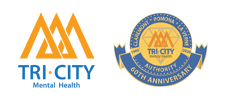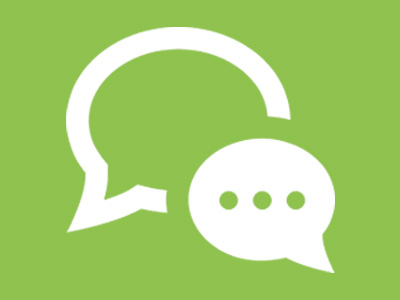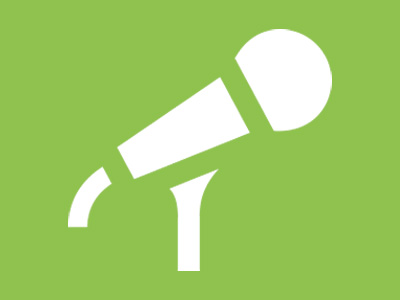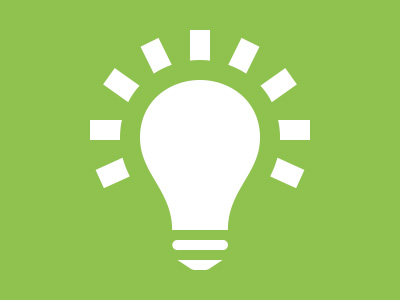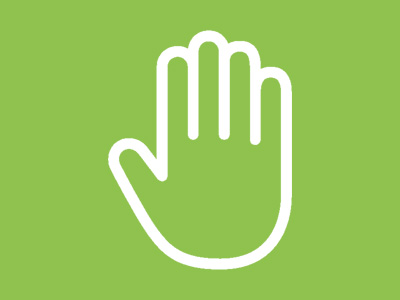What is Stigma?
When people with a mental health condition are asked to define stigma, they often use words such as hate, discrimination, prejudice, isolating, humiliating, and hurtful. Stigma is defined as a mark of shame or disgrace, and is best described as negative attitudes and beliefs towards people based on a distinguishing characteristic that makes them different. It is often grounded in fear and comes from a lack of information or understanding.
Stigma impacts people in several ways: there is a decrease in asking for help, a fear of being judged and often an increase in violence towards those with mental health conditions. Ultimately, the devastating effects of stigma can lead to extreme isolation, lack of services and suicide.
Currently, one in four people are living with a mental health condition but nearly 60% of people in need of services are not receiving them. One of the main reasons people are unable to connect with the help they need is stigma. Removing stigma from mental health can promote better mental health for everyone.
About Our Stigma Reduction Campaign
Speaking up and speaking out is the only way to end stigma. Just having a conversation about mental health - with a friend, family member or anyone else - can help to break down the silence and shame around the subject. Open honest conversation about mental health conditions lets people know:
-
-
- They are not alone
- It is safe to ask for help
- Recovery is possible
- Support is available when they need it
-
Tri-City’s stigma reduction campaign is aimed at increasing compassion, empowering community members and removing barriers to mental health supports and services to increase access to recovery. It is designed to equip community members with the resources they need to join the conversation about mental health conditions, understand the impact of stigma and provide opportunities to get involved.
How to Reduce Stigma on Your Own or with Your Community
Communities as a whole are strengthened when its members can support each other and talk openly about mental health. When community members act together and support one another with their mental health needs, the community as a whole becomes more well. We believe in order for stigma to be reduced, communities must come together, join the conversation and take action. Tri-City Mental Health can provide ideas, resources and materials to help you get started. We can share what other communities have done, help with planning and promotion. Our stigma reduction campaign is an everyday campaign but there are times of the year that we highlight the effort and further mobilize community involvement:
|
Our Stigma Reduction Programs
We also offer a variety of free programs for community members to get involved with. By raising awareness and educating the community, our goal is to initiate change in perception, inspire wellness and reduce the stigma surrounding mental health challenges. Together, we can create change.
